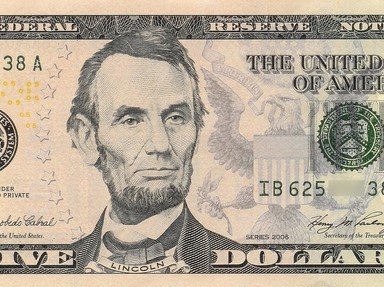Quiz Answer Key and Fun Facts
1. Language evolves continuously. In the late 1700s, which of these was a newly-coined word? And what American is thought to have coined it?
2. If someone was "wamble-cropped", would you kiss him goodnight?
3. Did people in Colonial America really have backlogs?
4. To whom or what did the term "Peter Funk" refer in 19th century auctions in the US?
5. What would one do with kinnikinnick, in the 1800s?
6. An "afterclap" was a term for an ovation.
7. If you "rowed up Salt River", what happened?
8. What part of speech is the term "all-fired"?
9. If there was "bocking" in your home, what would you do about it?
10. If Person A called Person B a "buckra", in the American South of the 18th and early 19th centuries, what would be the likely relationship between the two?
Source: Author
austinnene
This quiz was reviewed by FunTrivia editor
LadyCaitriona before going online.
Any errors found in FunTrivia content are routinely corrected through our feedback system.


